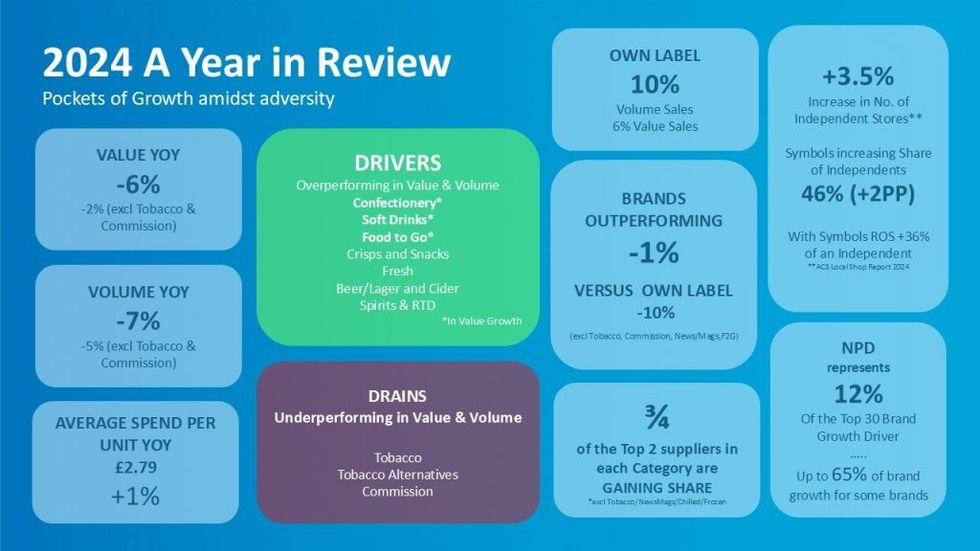A Blackburn shop owner convicted of selling illicit tobacco has been ordered to pay £85,000 on top of a suspended prison sentence.
Alan Ahmad pleaded guilty to nine offences in February 2022 when illicit tobacco worth £81,000 and alcohol were seized back in 2018 from his Smak Polski premises in Bank Top.
At that hearing he was sentenced to 12 months imprisonment on each of seven counts, to run concurrently, and four months imprisonment for two other related offences, again to run concurrently.
All the prison terms were suspended for a period of 18 months, with a requirement for Ahmad to perform 150 hours of unpaid work and a rehabilitation activity.
Now Preston Crown Court has imposed an additional cash penalty on him after a proceeds of crime application was resolved at Preston Crown Court on May 17.
Ahmad was ordered to pay £50,000 as proceeds of crime and to pay £35,000 towards Blackburn with Darwen Borough Council’s costs.
If the £50,000 proceeds of crime payment is not made within three months, Ahmad risks being imprisoned for 12 months.
The illicit tobacco worth £81,000 and alcohol that was seized during the original raid in 2018 were also surrendered to the council for destruction.
In the November 2018 raid on the Smak Polski shop raid council trading standards officers were assisted by the police and a tobacco detection dog.
Evidence of the sale of illicit tobacco was found and a search of the premises revealed a warren of rooms and corridors.
A number of shuttered doors required locksmiths to gain access.
Blackburn with Darwen Council’s environment boss Cllr Jim Smith said: “This is an excellent result, and sends out a clear message that we’re prepared to pursue offenders to the extreme lengths of the law to protect our residents.
“A suspended prison sentence and £85,000 financial penalty will hopefully act as a deterrent to people thinking of selling illicit tobacco in the borough.”










 UK convenience store market performance
UK convenience store market performance
![From hurdle to hustle: Convenience retailers outlook on 2025 [Exclusive]](https://www.asiantrader.biz/media-library/image.jpg?id=56043539&width=600&height=449)








